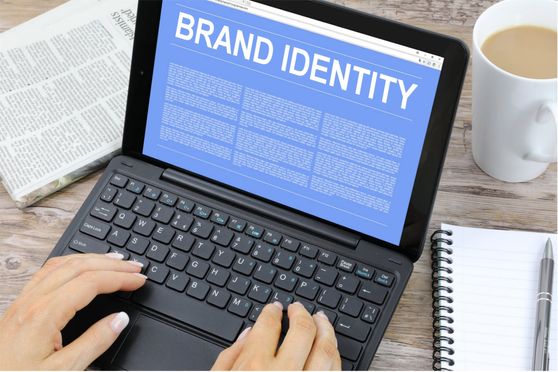Top courses to build a Career in Brand Management: Role of a brand manager, process and importance


What is brand management?
Brand management is the function of marketing that employs techniques to increase the perceived value of a particular product or brand over time. Effective brand management facilitates higher product prices and builds loyal customers through positive brand associations and strong brand awareness.
Developing a strategic plan to maintain or improve brand equity requires a thorough understanding of the brand, its target audiences and the organisation's overall vision.
Importance of brand management in 2022
In the modern world’s technologically-advanced business space, any brand’s perceived value has a huge impact on customer retention, market competition, and business operations. A strong brand presence in the market differentiates a company's products from its competitors and creates brand affinity for its products and services.
An established brand must continuously maintain its brand image through brand management in 2022 to stay ahead of the competition. Effective brand management increases brand awareness, measures and manages brand equity, drives initiatives that support consistent brand messaging, identifies and describes new branded products, and effectively promotes brands in the marketplace.
Role of a brand manager
The brand manager's job is broadly divided into managing the tangible and intangible attributes of the brand.
Tangible attributes include:
Intangible attributes include:
The intangible assets are the ones which the manager needs to particularly analyse and work on as ultimately, those are the levers that control the success of the brand. For instance, brand equity is an internally created intangible asset whose value is ultimately determined by the consumer's perception of the brand. Brands become more valuable when consumers are willing to pay more for them than for generic brands that perform the same function.

The process of brand management
1. Positioning the brand
The initial step in the process of brand management is to understand the product offering in terms of brand value and positioning it is providing to the customers. This is the foundation of a business because how one wants their customers to perceive their product or service is what can be defined as branding.
2. Building a marketing plan
Brand building is the straight next step in the brand management process. This process involves creating and working on components such as pricing, packaging, and customer service to create a brand. Brand awareness techniques also fall into this step. Top notch organisations usually use integrated marketing communications (IMC) to promote their products and services.
3. Analysing its performance
Not only is it important to create a brand, but it is also important to measure its performance against competitors and other market dynamics. This step is crucial in identifying parameters such as brand recall, brand preference, and brand awareness, and diagnosing where you need to concentrate your efforts and make tweaks.
4. Building a growth plan
The final and last step in the brand management process, after the assessment, is to enhance and uplift the brand's performance for ensuring growth and marketability, as well as brand equity. This growth plan should be focused on building the quality of products and services, but more importantly, consolidating their perceived value among the comsumers.
And now for those looking to build a career in brand management - let’s take a look at…
Certification courses that teach Brand Management
Brand management courses are offered in different types of programs such as Degrees (UG & PG), Diploma and Certification courses. Mentioned below are some short courses which are designed to enable you to obtain a qualified professional certification in a short period of time. These courses are primarily offered online for a period of 3-6 months, essentially part-time to make a candidate job-ready.
Besides the same, some of the top colleges in the world also offer online certification courses on brand management. The names of the top 5 are:
In India, the top 3 colleges which offer offline certification courses in brand management are:
In marketing jargon, branding is a general term that describes all aspects of design, marketing, placement, distribution and advertising that assists in identifying and developing a brand's identity and personality. But for a brand manager, that means they have that many levers which they can tweak and change to see a larger reaction in the consumers. It can be quite an interesting field, especially if you like studying markets and making a difference. So are you ready to plan and reach out to your customers now?